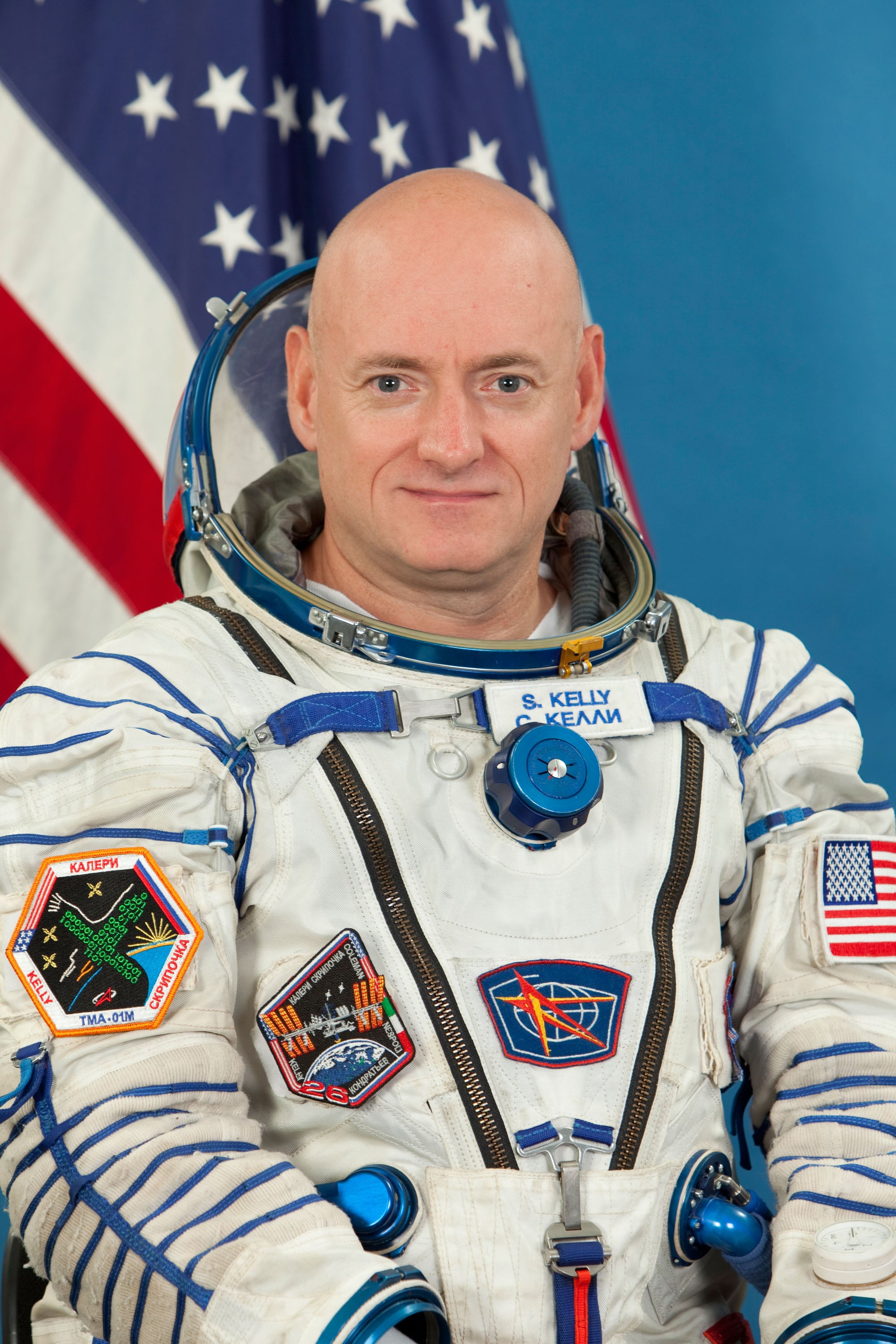At the end of March, a retired naval aviator will embark on the longest mission ever assigned to a NASA astronaut: a full year in space.
Retired Capt. Scott Kelly, an F-14 Tomcat pilot with more than 250 carrier landings, is scheduled to depart March 27 will leave soon to begin his year-long stint in the International Space Station. It will be his third trip to the ISS.
Kelly retired in 2012 with 8,000 flight hours though, as he noted: "some of those hours I was asleep on the International Space Station, but I was flying so I count them."
In a Jan. 17 interview with Navy Times, Kelly said he is preparing for his year away from earth by taking care of things that might seem, well, mundane. Those things include making sure his electricity bill gets paid, the yard work gets done and that his daughter in college has the support she needs while he's in low-earth orbit and yard work.
"I have a guy who does the front lawn, but I usually take care of the weeds in the back," Kelly said. "I have to make sure he knows to take care of that while I'm away. Those are the kinds of things I'm thinking about."
Kelly, 50, said that mental preparation is going to be important because, from past experiences, fatigue and stress begins to wear on astronauts in the ISS.
His identical twin, Mark, is also a NASA astronaut and retired Navy captain.
"I will need to have enough [focus and energy] to both get through the mission but also have enough in reserve to perform in case of an emergency," he said.

NASA astronaut Scott Kelly, a retired Navy captain, says his experiences in space have taught him not to take things like the weather for granted.
Photo Credit: NASA
While he hasn't put a a great deal of thought into what he'll do to pass the time at the Space Station, Kelly noted that saying that he will have a week in relative isolation before he departs to think about it. He did say, however, that he plans to keep a journal of his experiences. Kelly's identical twin, Mark, is also a NASA astronaut and retired Navy captain.He will also have access to TV programs, including sports, up in the ISS.
"It hasn't escaped me that I'll be up there for an entire baseball season, which is long," he said.
Despite the options for things to do during his limited free time, Kelly said that there are things about earth that he will miss when he is in orbit, things he used to take for granted.
"One thing is the weather, and how it never changes on the space station," he said. "We have a nice environment, but I guess it's like Southern California; after a while you get sick of all the good weather. ... I was really looking forward to the rain last time, but then I got home to Houston and we were in a severe drought. It didn't rain for three months."
David B. Larter was the naval warfare reporter for Defense News.




